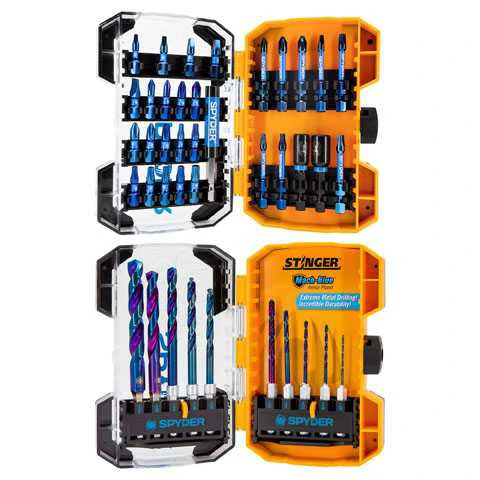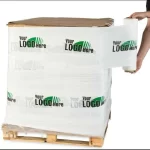“`html
When it comes to processing stainless steel, choosing the right drill bit is crucial for achieving accurate and efficient results. Stainless steel is known for its durability and corrosion resistance, making it a popular choice for a wide range of applications, from industrial machinery to household appliances. To effectively drill through stainless steel, a high-quality drill bit that can handle the hardness and toughness of the material is essential. In this article, we will explore the characteristics of different drill bits and determine which type is better suited for processing stainless steel.
The Importance of Drill Bit Selection
Drilling through stainless steel presents unique challenges due to the material’s hardness and tendency to work-harden. Using the wrong type of drill bit can result in overheating, dulling, or even breakage, leading to subpar results and potential damage to the workpiece and equipment. Additionally, stainless steel generates a significant amount of heat during drilling, necessitating a drill bit that can effectively dissipate heat to prevent overheating and maintain cutting efficiency. Considering these factors, choosing the right drill bit is crucial for achieving clean, precise, and burr-free holes in stainless steel.
Cobalt Drill Bits: High Heat Resistance
Cobalt drill bits are renowned for their exceptional heat resistance, making them well-suited for drilling through tough materials like stainless steel. These drill bits are made from a cobalt alloy, which enhances their hardness and heat resistance compared to standard high-speed steel (HSS) drill bits. The cobalt composition enables these drill bits to maintain their sharpness and cutting ability at high temperatures, effectively handling the heat generated during stainless steel drilling. Additionally, cobalt drill bits feature a 135-degree split point design, which aids in reducing walking and ensures accurate hole positioning. Their ability to withstand high temperatures and maintain sharpness makes cobalt drill bits a popular choice for stainless steel processing.
Carbide Drill Bits: Exceptional Hardness and Durability
Carbide drill bits are another option for drilling through stainless steel, offering exceptional hardness and durability. Unlike HSS and cobalt drill bits, which are primarily designed for use on metal, carbide drill bits are specifically engineered for drilling through hard materials such as stainless steel, cast iron, and titanium. The key advantage of carbide drill bits lies in their tungsten carbide tip, which provides unparalleled hardness and wear resistance. This allows carbide drill bits to maintain sharpness and cutting performance even under high-stress conditions, making them suitable for heavy-duty stainless steel drilling applications. However, it’s important to note that carbide drill bits are brittle and may be prone to chipping if not used with proper technique and caution.
Conclusion
When it comes to processing stainless steel, selecting the right drill bit is essential for achieving precise and efficient results. While cobalt drill bits offer excellent heat resistance and reliability, carbide drill bits provide exceptional hardness and durability for heavy-duty applications. For general stainless steel drilling tasks, cobalt drill bits are a reliable choice, providing a balance of heat resistance and cutting performance. On the other hand, when tackling particularly tough stainless steel or high-stress drilling conditions, carbide drill bits excel in delivering long-lasting cutting performance. Ultimately, the choice between cobalt and carbide drill bits depends on the specific requirements of the stainless steel processing task at hand, and careful consideration of the material properties, drilling conditions, and desired hole quality is crucial for making an informed decision.
“`
.webp)



